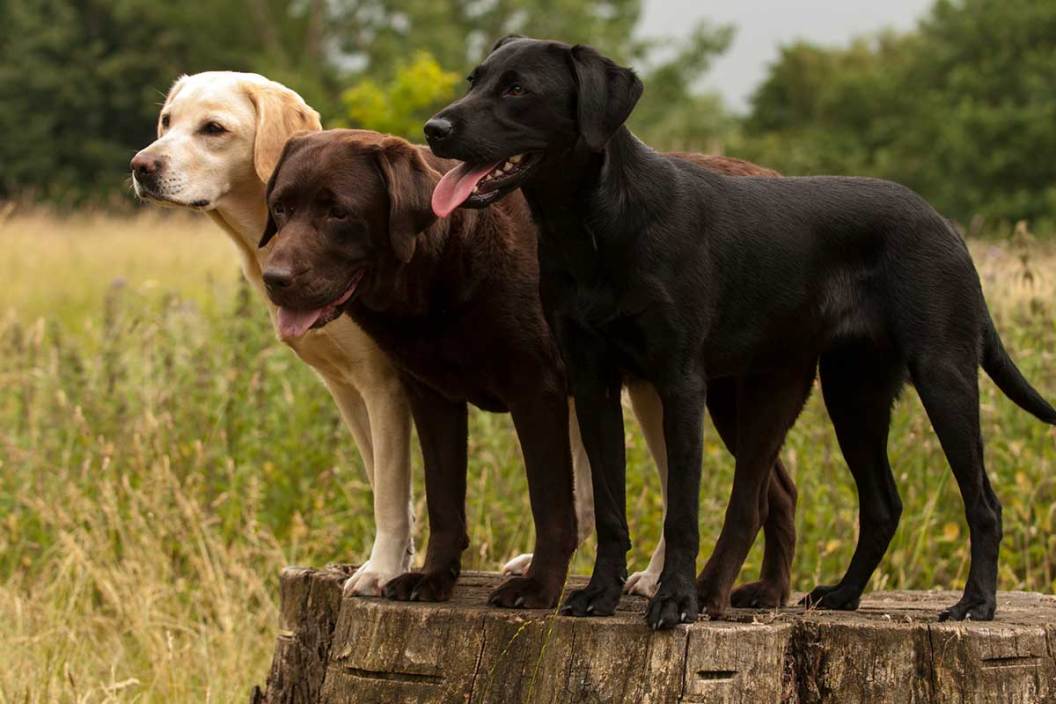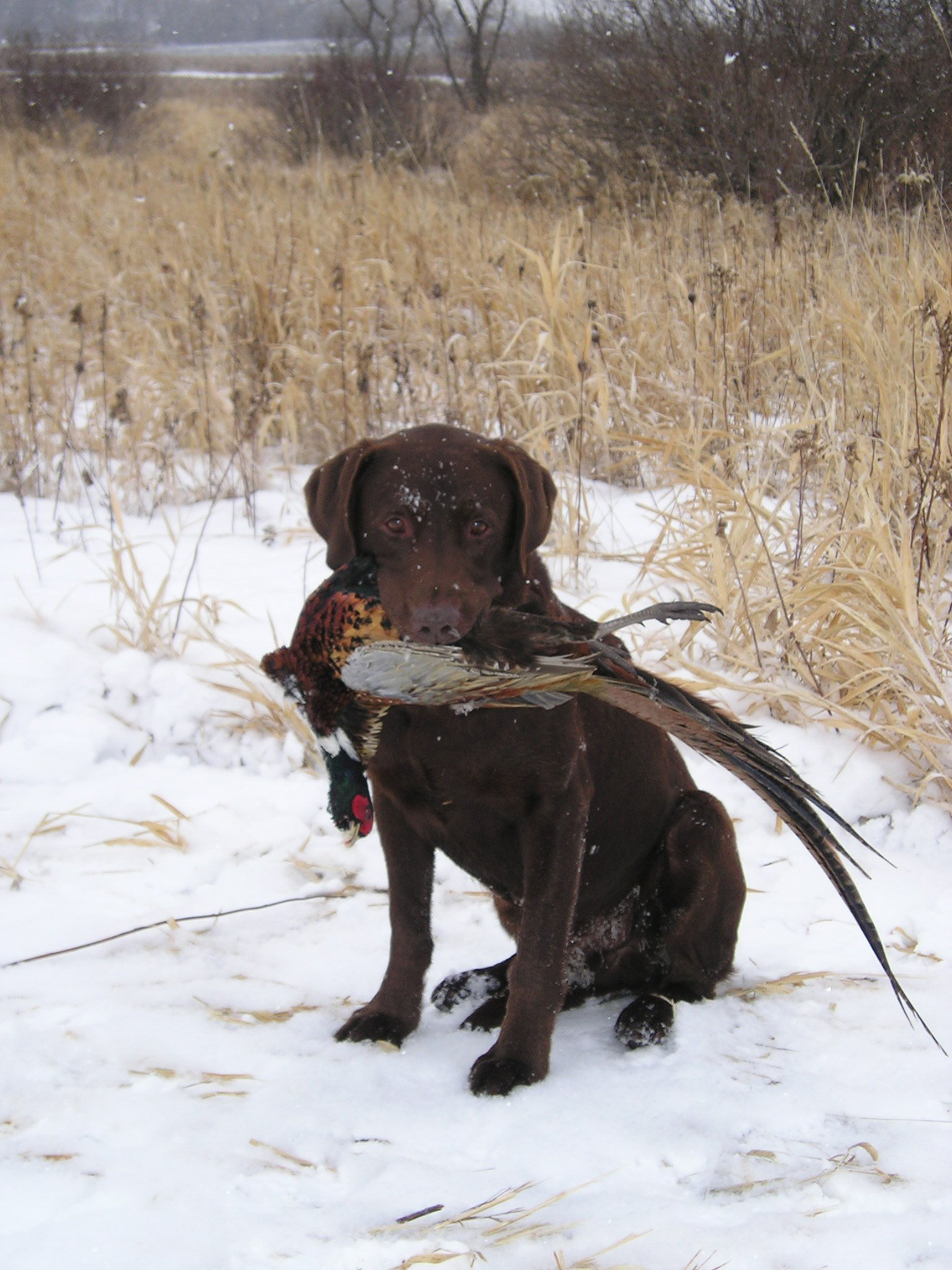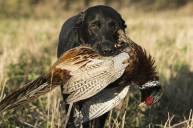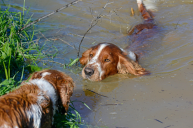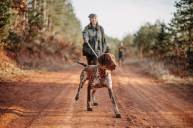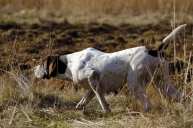Not only are Labrador retrievers regularly top dogs on favorite pet lists, they also dominate when it comes to bird hunting. But why?
You can give Canada credit for giving us hockey, maple syrup, and IMAX, but did you know Lab retrievers actually came from not Labrador, but Newfoundland?
The breed we know and love today was brought to Canada by British sportsmen in the 19th Century, who called them St. John's Dogs and would take them along on hunting trips. In Newfoundland, the dog was trained to retrieve fish and lines.
As a breeding program took hold in the late 1800s, the moniker changed to "Labrador" and the AKC recognized the breed officially in 1917.
Today they come in a variety of colors and are separated into British and American categories. In fact, the Labrador retriever has been America's favorite pet for a whopping 31 years!
Here's why they make such great natural hunting companions.
They're retrievers first and foremost
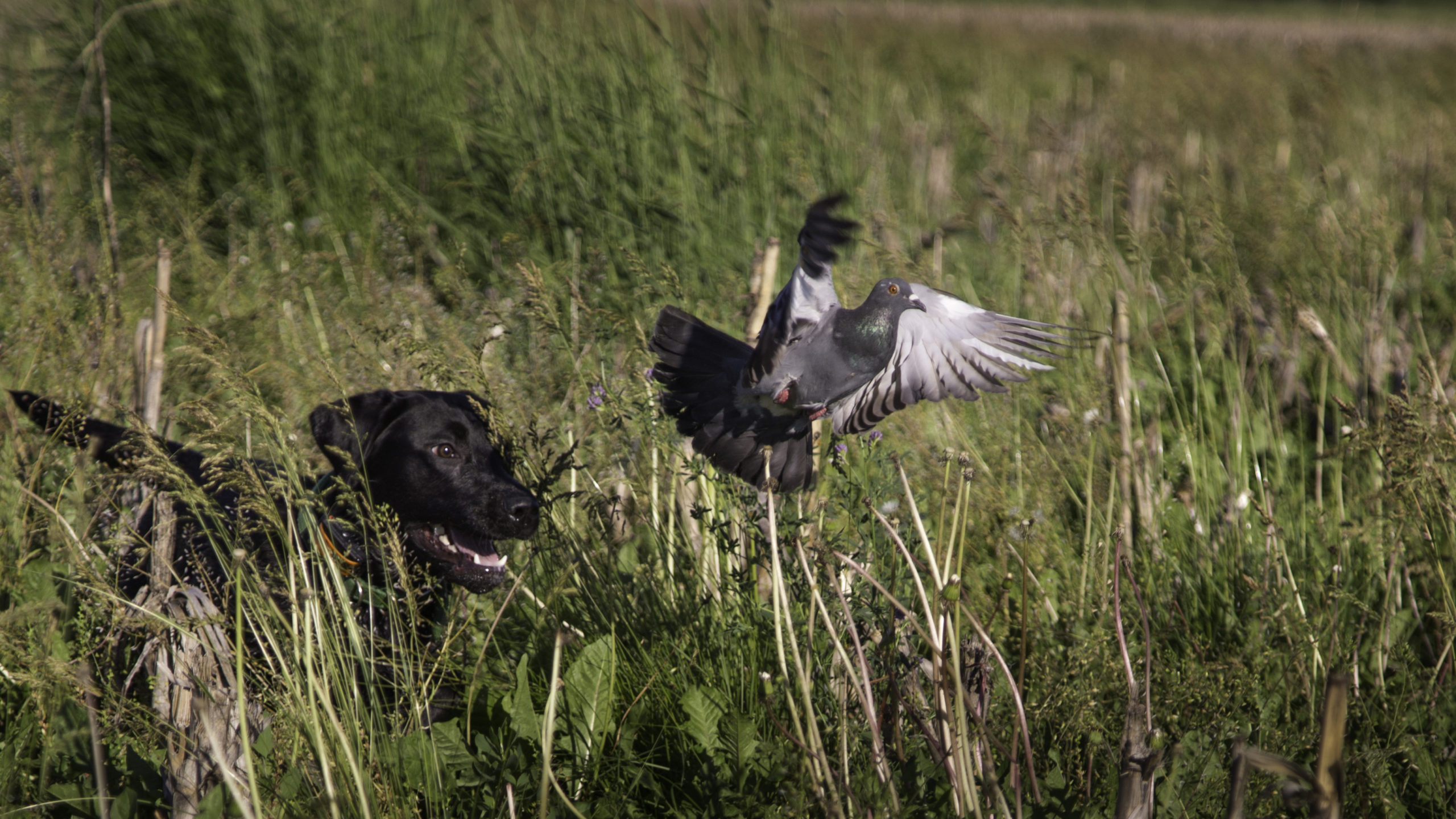
ImagesbyK/Getty Images
Historically, Labs were used to find fallen birds after being shot by a hunter who might have used a setter or pointer to first identify the bird and a spaniel to flush it out. Few of us today have an entire pack of dogs specialized to do one job each.
Labs proved to be smart, willing, and able to follow directions, and trainable enough to do it all. They're good natured and resilient too, all of which is why Labs are often the first choice for hunters looking for a reliable companion as well as family pet.
They're built for it
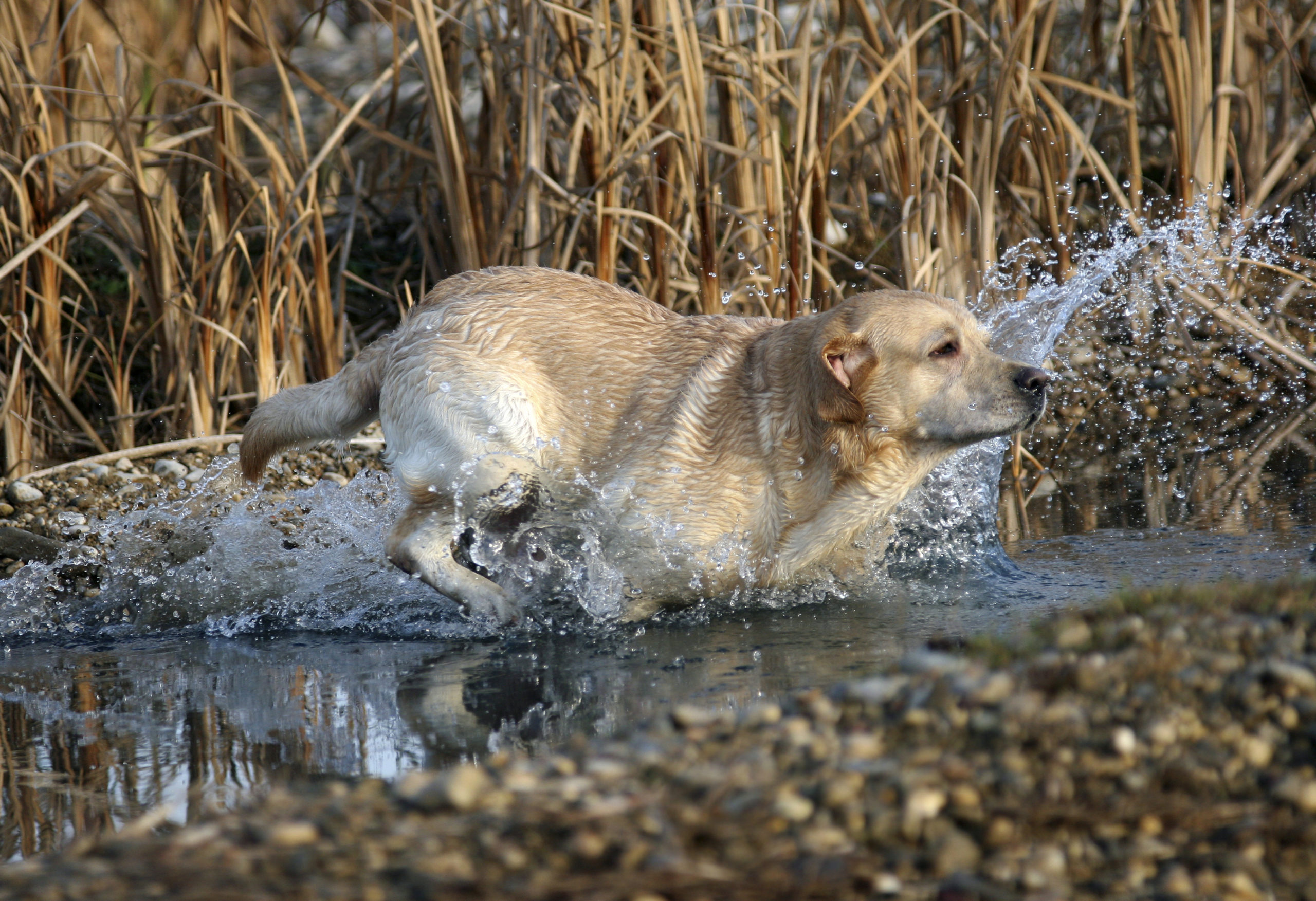
Tina_Rencelj/Getty Images
If you've ever owned or been around a Lab, you know that you can spend hours throwing a stick into the water, only to come home and play more fetch in the backyard. Labs are tough mentally as well as physically thanks to their breeding. As the breed was evolved in Newfoundland, the dogs adapted well to their cold, damp environment. To keep up with fallen ducks in frigid temps, the Lab evolved to have strong bones and thick, water-resistant fur as well as powerful muscles - all helping deal with long hours in the field. Their tails are similar to an otter's, acting as a rudder in the water, and they have webbed feet.
They're versatile
The Lab checks all the boxes when it comes to being up for anything. Their great personality makes them fantastic family dogs as well as bird retrievers. From waterfowl to grouse and everything in between, birds of all kinds are fair game for the Lab. And they can keep up with just about any activities in addition to hunting - they love accompanying their owners on a hike, bike ride, or even canoe trip. Above all, they want to do their best no matter what or how much you ask of them.
Proper bloodlines are everything
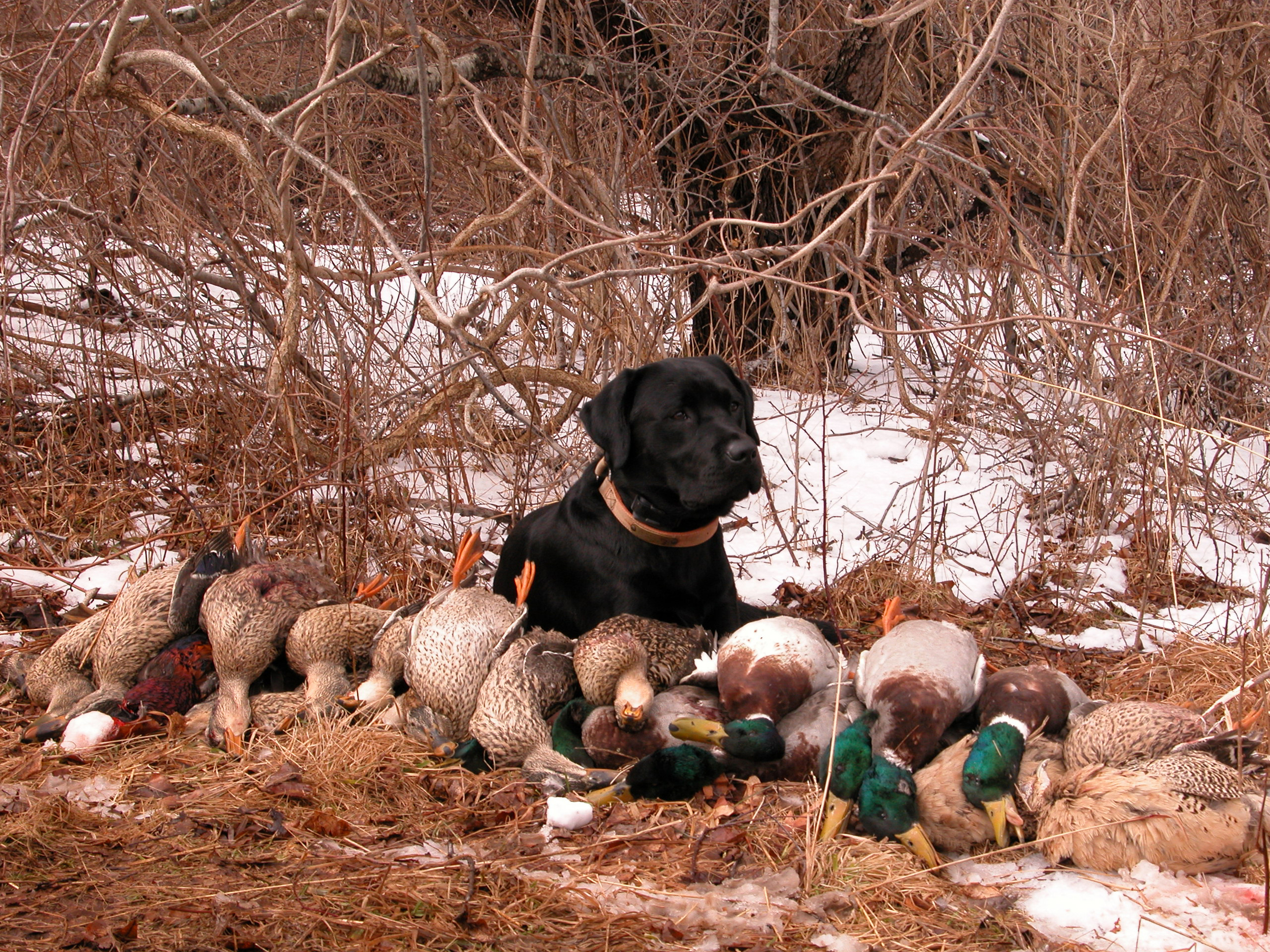
kgdesigns/Getty Images
The energy and enthusiasm might be there, but not every Lab has a strong hunting background, or even a desire to retrieve. Anyone interested in one of these dogs for hunting purposes should research the individual dog's history (going back as far as its great-grandparents) to find out how they performed in the field. Poorly bred dogs, or those bred just to look good, are predisposed to things like joint dysplasia. Historically it was believed black Labs had the best skills, but it's the lineage that matters more than color.
They're extremely trainable
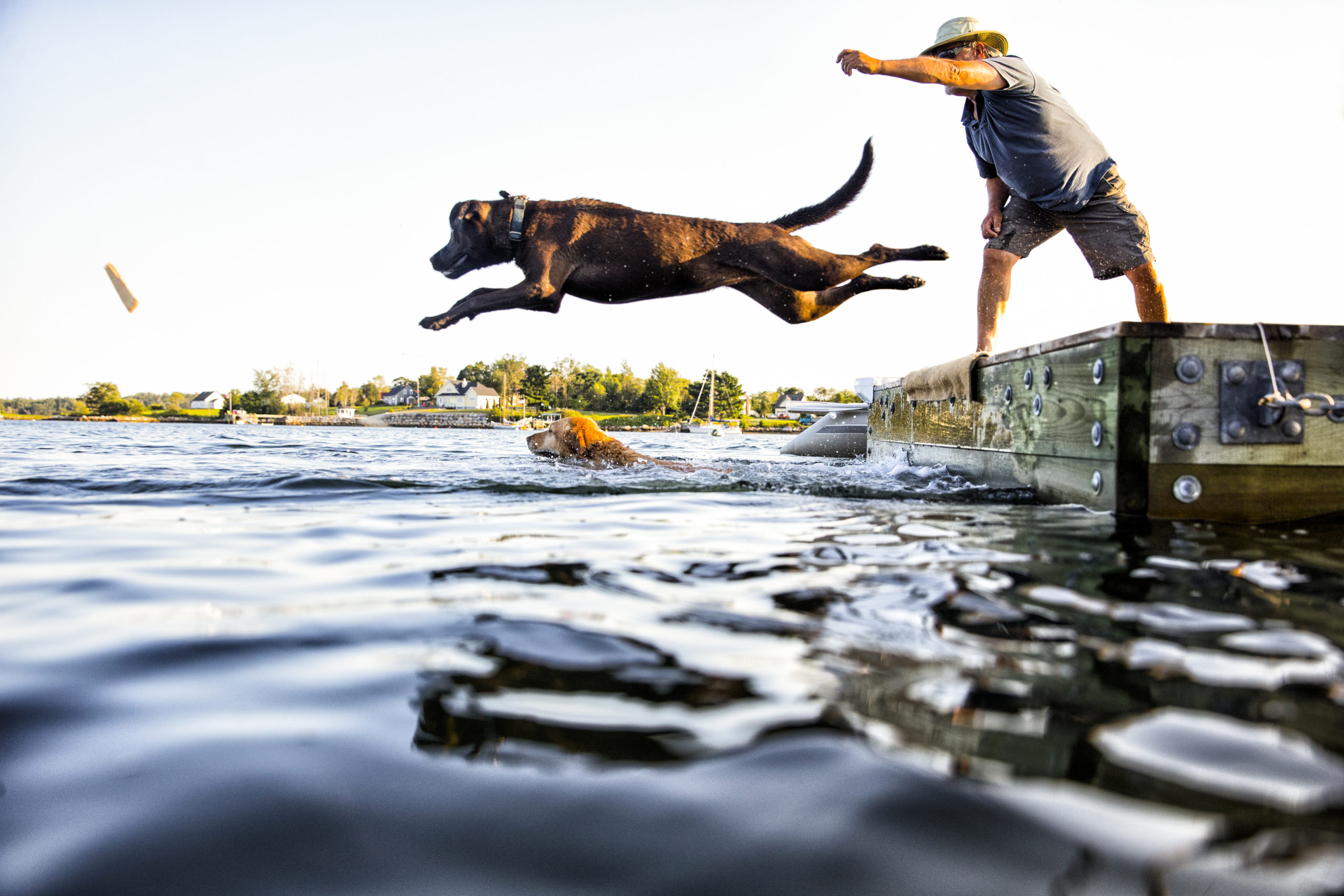
stevecoleimages/Getty Images
As hunting dogs, Labs are always ready to go no matter what the game or where you're going. However, just letting the dog loose in the wild won't help you much. About 20 minutes a day of "hunt training" (a game of find-the-shoe, playing fetch, laying low as if in a blind, walking at heel) will teach the dog his new job of tracking, flushing and retrieving birds. They can even learn how to hunt larger game like deer and wild hog or smaller animals like squirrels by using their keen sense of scent. Such a good boy!
Woof! Share a picture of your hunting buddy, Lab or otherwise, at our Wide Open Spaces Instagram!
